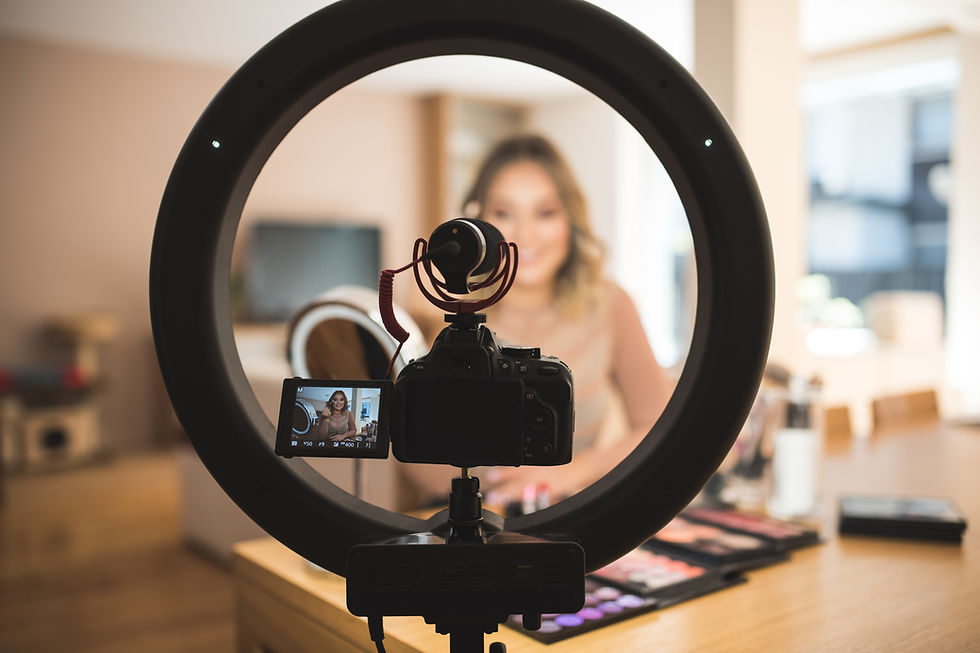How to Use Social Media (Ethically) as a Therapist: Dos & Don’ts
- Info Blue Oak Counseling

- Oct 9, 2025
- 2 min read

Social media is a powerful tool for therapists, whether you're building a private practice, sharing mental health education, or simply creating a safe digital space for your community. But unlike typical influencers or businesses, therapists must navigate a complex ethical landscape when engaging online.
So how do you show up authentically and ethically? Here’s a guide on the dos and don’ts of social media for mental health professionals.
✅ DO: Educate, Don’t Diagnose
Sharing general mental health tips, coping strategies, or psychoeducation can be empowering for your audience. It also helps reduce stigma and normalize seeking support.
Examples of what to post:
“3 grounding exercises for anxiety you can try today”
“What is trauma-informed care and why does it matter?”
“Signs you may be experiencing burnout (and how to respond)”
Avoid: Giving individualized advice, interpreting symptoms, or suggesting a diagnosis based on comments or DMs.
✅ DO: Uphold Boundaries Like You Would In Session
Just like in the therapy room, clear boundaries protect both you and your audience.
Tips:
Avoid responding to therapy-related DMs.
Set expectations in your bio or highlight section (e.g., “This page is for informational purposes only, not a substitute for therapy.”)
Don’t follow or engage with current clients on personal or professional accounts.
✅ DO: Be Transparent About Your Role
It should be clear that your social media content is not therapy.
Suggested language:
“This account is for education and awareness only. If you're in crisis or need personalized support, please reach out to a licensed mental health professional.”
Transparency builds trust while keeping ethical lines clear.
✅ DO: Consider Your Audience and Intentions
Ask yourself:
Who am I trying to help?
What impact might this content have?
Does this post promote empowerment, healing, or community?
It’s not about being “perfect,” it’s about staying mindful and grounded in your purpose.
❌ DON’T: Share Client Stories (Even if You Think They’re Anonymized)
Even small details can be identifying. Unless you have explicit written consent, skip sharing client-related content altogether.
Better alternative: Share a composite scenario or a common theme you notice, without referencing any specific client.
❌ DON’T: Engage in Public Therapy
You might get vulnerable messages in comments or DMs. While it’s tempting to respond with support, offering therapeutic advice can blur lines and violate ethics.
What to do instead: Acknowledge gently and provide resources or referrals (without giving advice).
❌ DON’T: Post When You’re Triggered or Tired
Therapists are human. But posting while emotionally charged can compromise your clarity, tone, and boundaries.
Pause. Reflect. Revisit later. You’ll likely show up more grounded and better aligned with your values.

Social media doesn’t have to feel like a minefield. When used with intention and integrity, it can be a meaningful extension of your therapeutic mission.
Whether you're building your brand or just exploring digital advocacy, start slow, be thoughtful, and keep your ethics close.







Comments